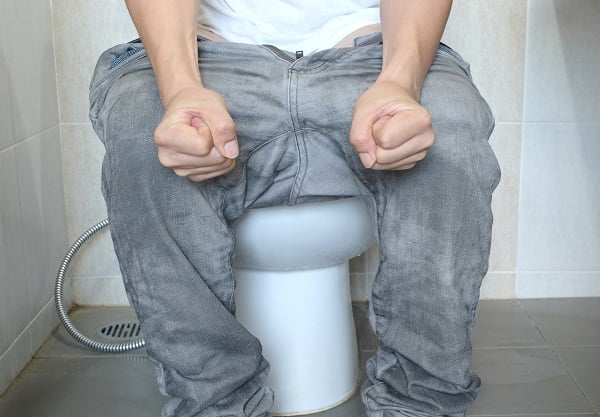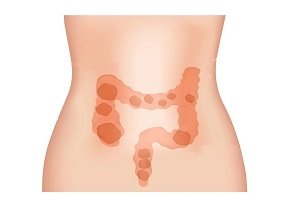Constipation Basics: Learn What Should You Know About Constipation
- Updated on: Jul 10, 2024
- 3 min Read
By
- Published on Sep 26, 2019


Introduction: What is Constipation?
Constipation refers to a condition of the digestive system in which an individual has hard feces that are difficult to pass. Mostly, this occurs when the colon has absorbed too much water from the food that is in the colon.
The slower the food moves through the digestive tract, the more water is absorbed by the colon. Consequently, the feces become dry and hard. This results in painful defecation (emptying the bowels). There are three main problems people face with constipation:
- Having difficulty emptying the bowel, associated with hardened feces.
- Slower than normal movement of the food waste through the digestive tract.
- Producing fewer than normal bowel movements.
Some facts about constipation
- If a person has fewer than three bowel movements per week, he is considered to be suffering from constipation.
- Only 34 percent of people consult a physician for help, while 35 percent of these individuals use laxatives (stool softeners) on their own.
- Women experience constipation more often than men do.
- Older age increases the risk of constipation. People above 65 are at higher risk.
- Adults should get 22 to 34 grams of dietary fiber a day in order to help prevent constipation.
- Risk factors for constipation include lower socioeconomic status, rural residency, living in cold climates, and lower education.
- Causes of constipation include physical inactivity, certain medications, and aging.
- Some cases of constipation can be relieved and prevented by lifestyle changes.
- Laxatives should only be used as a last resort.
How common is constipation?
Most people won’t admit it, but the fact is that about 90 percent people are affected by constipation at least once in their lifetime. Out of these, at least 60 percent are chronically affected by constipation.
Types of constipation
There are two types of constipation which affect people. One is acute and the other is chronic.
What is acute constipation?
It refers to the recent onset of the condition. It starts suddenly and lasts for a few days. It can be caused by:
- Blockage
- Prolonged inactivity
- Medication
- Dehydration
- Missing a bowel movement
- Womb pressure on intestine during pregnancy
- General anesthesia given in surgery
Acute constipation requires urgent assessment if it is accompanied by rectal bleeding, abdominal pain, vomiting, and involuntary loss of weight.
What is chronic constipation?
Chronic constipation refers to infrequent bowel movements for a longer period of time say for a week or two. Chronic constipation may be a sign of another underlying condition like hypothyroidism and diabetes.
Causes of constipation
There are many causes of constipation including medications, poor bowel habits, low fiber diets, hormonal disorders, being dehydrated from not drinking enough water, having unusual amounts of emotional stress and high levels of estrogen and progesterone during pregnancy. Read more about constipation causes.
Diagnosis of constipation
In order to diagnose the exact cause of constipation, a number of tests are required. These tests include collecting the patient history, physical examination, blood tests, abdominal X-rays, barium enema, defecography, and colonic motility studies.
Treatment of constipation
Constipation can be easily treated by including foods high in fiber, non-stimulant laxatives, stimulant laxatives, enemas, suppositories, biofeedback training, prescription medications, and surgery. Read more about treatment of constipation.
Prevention of constipation
The constipation is often preventable, and there are many natural constipation relief remedies that are helpful in improving bowel function. Natural constipation relief remedies include drinking warm liquids, eating fiber-rich diet, improving toilet habits, taking probiotics and exercising on a regular basis. Read more about constipation prevention.











